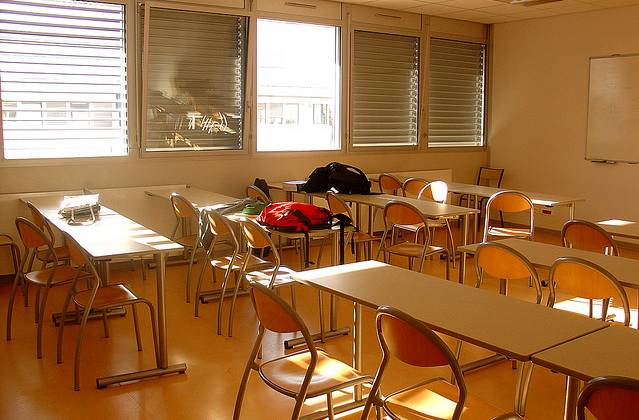Ethnic studies, as an option to San Francisco students, and as a requirement for Los Angeles students, is on its way to high school classrooms in the two cities. San Francisco’s school board paved the way for the expansion of a pilot ethnic studies program in city schools this fall, the San Francisco Chronicle reported. By the 2017-2018 school year, Los Angeles public high schools will be required to offer at least one semester of ethnic studies, and in order for students to graduate in the 2018-2019 school year students will need to take a course, AP reported.
Both changes were backed by strong student and community support. Ethnic studies courses can translate to concrete educational benefits for students, one researcher has found. According to a new study of Tucson’s now-outlawed ethnic studies program, those who took the Arizona border city’s ethnic studies courses graduated in higher rates than students who didn’t. (A 2011 analysis conducted by Tucson Unified School District and requested by an opponent of the city’s ethnic studies program disputes those findings, however.)
Cynthia Liu, over at Valerie Strauss’ Washington Post Answer Sheet blog, argues that graduation rates aside, ethnic studies courses offer something deeper, argues: self-knowledge that’s often denied to students of color:
Ethnic Studies is a path to self-understanding for students otherwise denied the histories of those who speak and look like them, but it’s also how all people can empathize across lines of race, culture, religion, ethnicity, and language and feel in our bones the deep commonalities of shared hopes, struggles, and dreams of our individual lives. Yes, empathy can be taught. Anti-racism can be learned and racism and bigotry unlearned. But first we have to set aside blinkered monocultural lenses.
